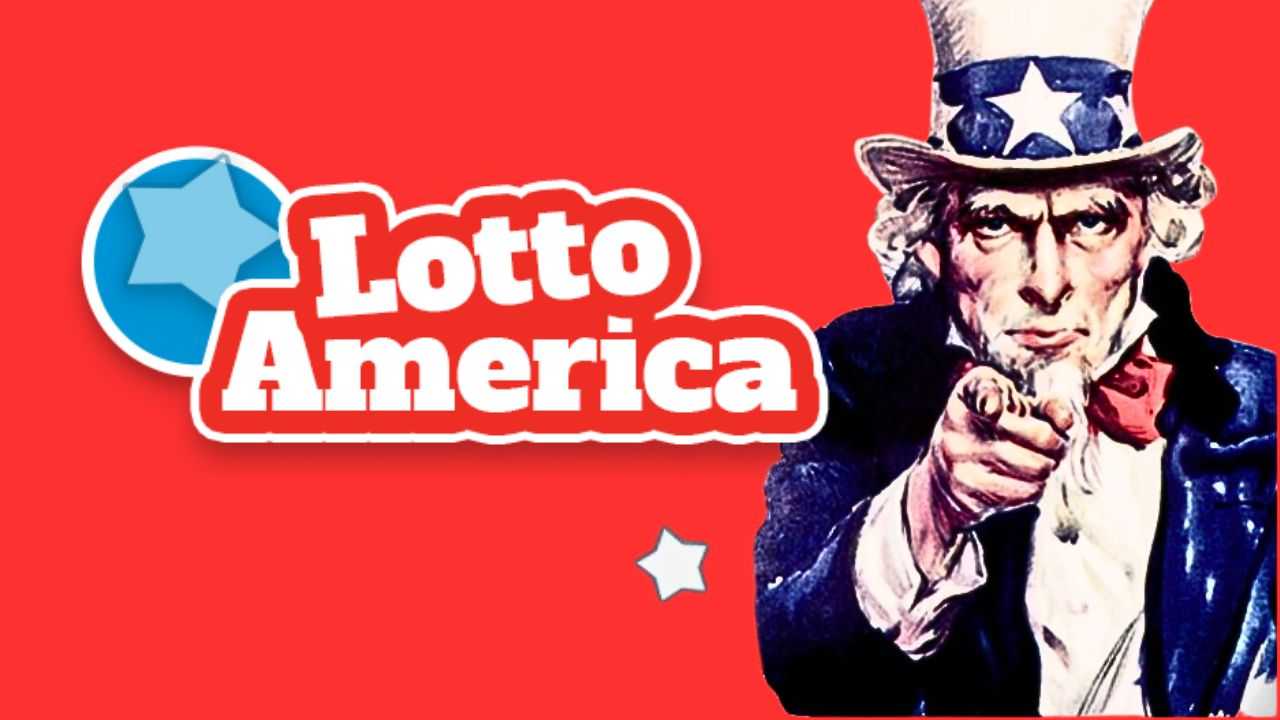This question often comes to mind of a winner Can Lotto America Winners Stay Anonymous? Lottery winners often find themselves faced with a life-changing dilemma: should they reveal their newfound fortune to the world or keep their windfall a closely guarded secret? In the case of Lotto America, the decision to stay anonymous or go public largely depends on the rules and regulations in the state where the winning ticket was purchased. We’ll take a closer look at each participating state’s stance on winner anonymity, and explore the reasons behind these policies.
Here’s a comprehensive table illustrating the rules on anonymity in Lotto America states:
| State | Can Winners Stay Anonymous? |
|---|---|
| Delaware | Yes |
| Idaho | No |
| Iowa | Winners can claim through a legal trust to stay private |
| Kansas | Yes |
| Maine | Winners can claim through a legal trust to stay private |
| Minnesota | Yes, if the prize is worth more than $10,000 |
| Montana | Yes |
| New Mexico | No |
| North Dakota | Yes |
| Oklahoma | Winners can claim through a legal trust to stay private |
| South Dakota | No |
| Tennessee | No |
| West Virginia | Yes, if the prize is worth more than $1 million |
Public Record States:
In the states that do not allow anonymity, lotteries are legally obligated to release specific details about a winner upon request. These details typically include the winner’s name, city of residence, and the prize amount won. This requirement is in place to maintain transparency and public trust in the fairness of lottery operations. When people see real individuals winning substantial jackpots, it often encourages increased participation, leading to higher ticket sales and greater revenue. After all, the primary purpose of a state lottery is to generate funds to support various state initiatives.

The Advantages of Anonymity:
In states where winner anonymity is an option, most prefer to stay in the shadows. The primary advantage is the ability to continue with life as usual, free from the glare of the media spotlight. By remaining anonymous, winners can avoid having their names broadcasted across TV screens and newspapers.
In recent years, concerns about personal safety have driven the push for anonymity options in various states. Lottery winners can become targets for unwanted attention or even criminal activity, particularly in an age where personal information is easily accessible online.
Finding a Balance:
Some states have adopted a middle-ground approach, aiming to balance the promotion of their lottery games with respecting the wishes of winners who prefer anonymity. In states like Minnesota and West Virginia, winners can choose to remain private if their prize exceeds a certain value. This allows the lottery to publicize many of the smaller awards, reinforcing trust in the integrity of their games, while protecting the privacy of significant jackpot winners.
Additionally, some states like Iowa, Maine, and Oklahoma offer winners the option to claim their prize through a legal trust or Limited Liability Company (LLC). While the trust’s name is disclosed, the real winner’s identity remains protected, offering another layer of privacy.
Ultimately, the choice to stay anonymous or go public in Lotto America is up to the winners themselves. State lottery officials can provide guidance on the pros and cons of each option, but the final decision rests with the fortunate individuals who find themselves holding the winning ticket. Whether they choose the spotlight or anonymity, one thing is certain: Lotto America offers the opportunity for life-altering financial change, and the freedom to decide how to embrace it.
More from Wisdom Imbibe:






